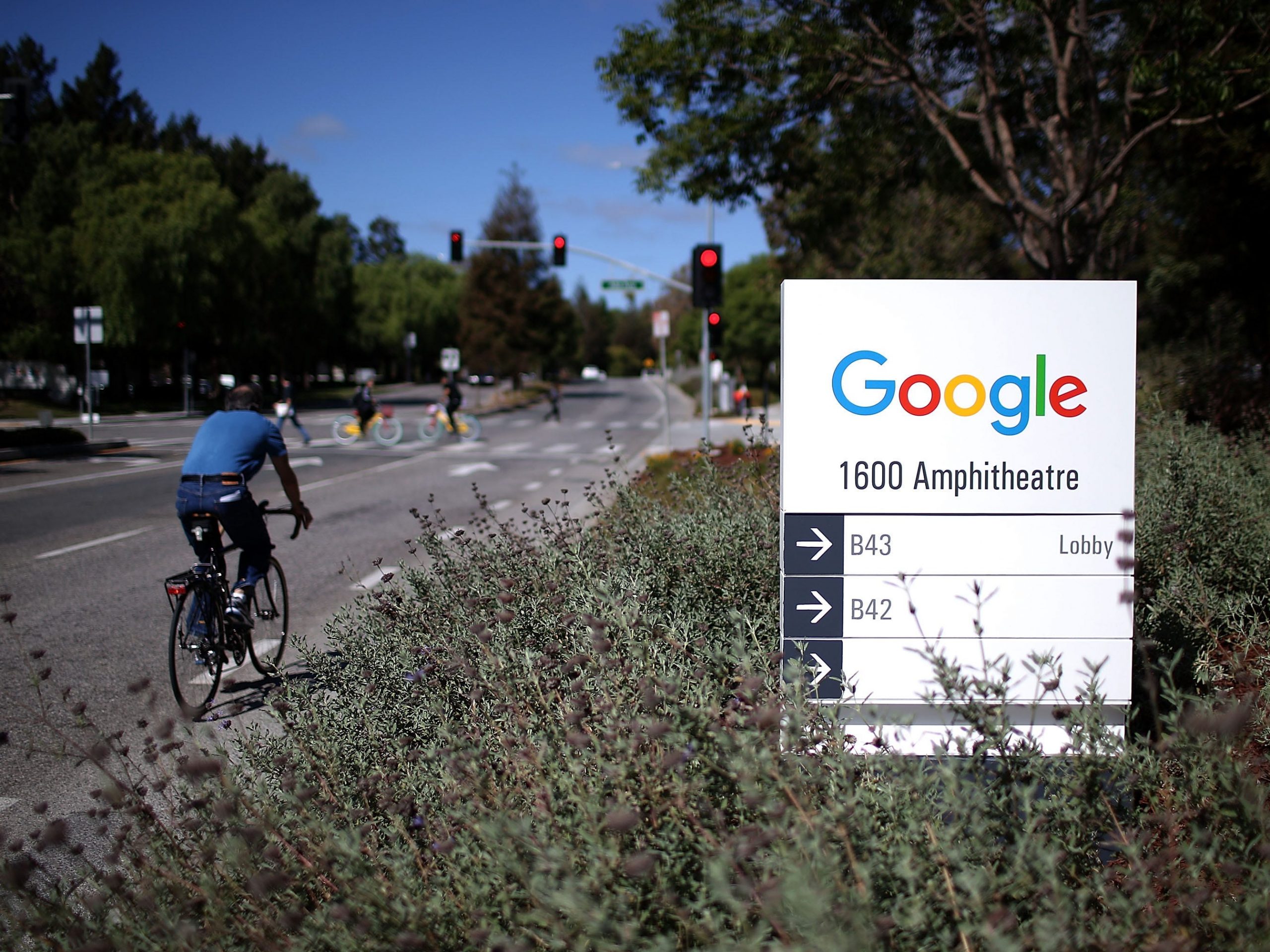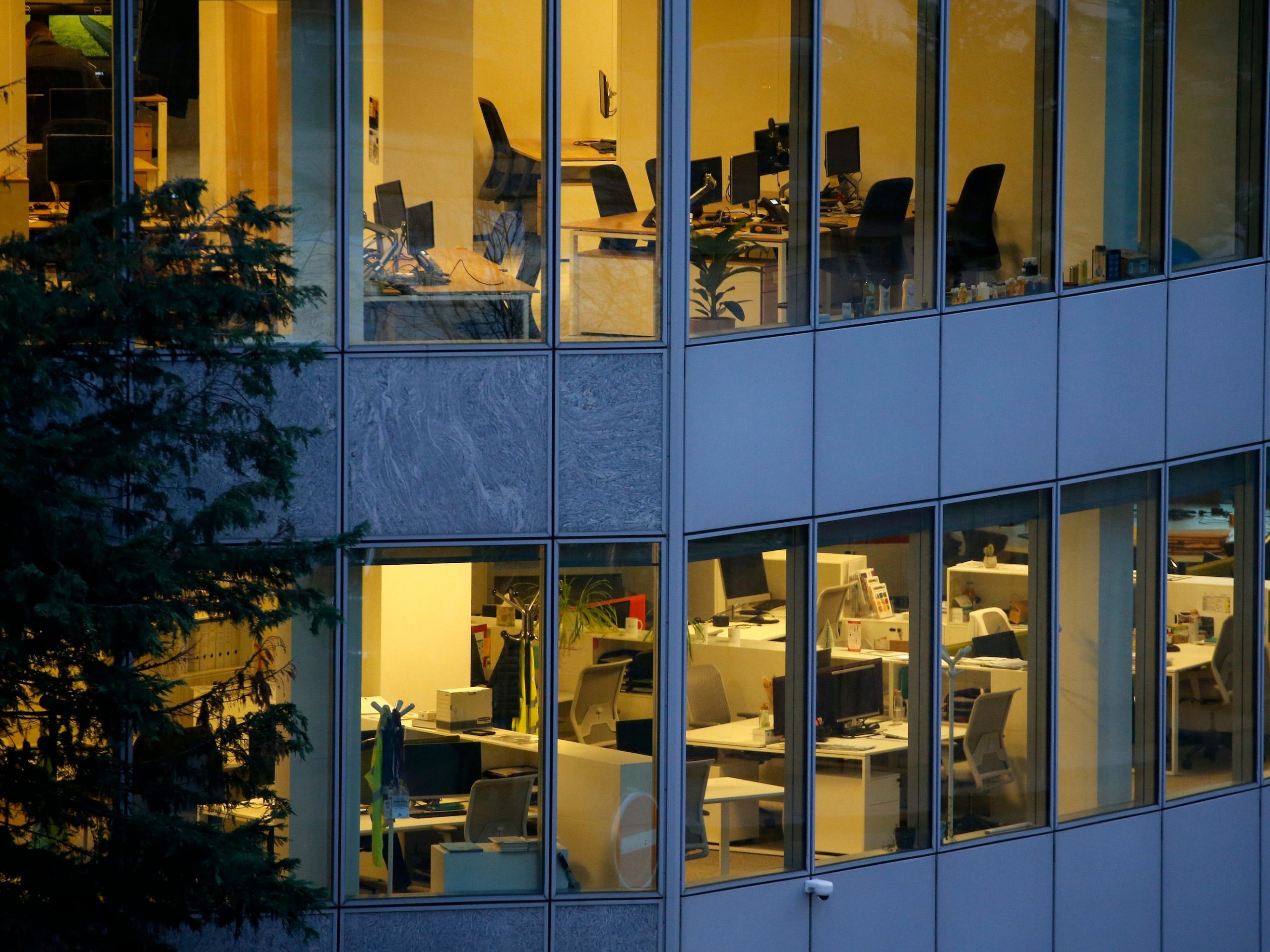
- The Silicon Valley exodus has been overhyped throughout the last year, realtor Mary Pope-Handy says.
- Instead, it's been a local migration to more affordable areas with more space and better weather.
- But it is slightly easier than usual to buy a house near tech campuses like Google, she said.
- See more stories on Insider's business page.
Throughout the last year, we've been hearing of tech's elite leaving Silicon Valley in droves for southern locales like Miami or Austin.
But according to one Silicon Valley realtor, it hasn't been an exodus as much as a shift in which Bay Area regions are popular.
"People kept saying, 'I thought everyone was leaving Silicon Valley,'" Mary Pope-Handy, an agent with Northern California firm Sereno and a blogger who writes about Silicon Valley real estate, told Insider. "People have been leaving San Francisco, but a lot of them are staying within 60 miles."
Pope-Handy said she's noticed a pattern of migration to the East Bay, to regions further East – Contra Costa County and Alameda County – and to Silicon Valley, where she's based.
Her observations can be backed up by United States Postal Service data. The San Francisco Chronicle's J.K. Dineen recently combed through USPS data from March to November 2020 and found that 80,371 households departed the San Francisco during that period, a 77% increase from 2019.
But the data showed that most of households leaving San Francisco didn't go very far: The top six destinations were Alameda, San Mateo, Marin, Contra Costa, Santa Clara, and Sonoma, all nearby Bay Area counties, according to the Chronicle.
Pope-Handy said the shift to the suburbs and exurbs makes sense to her.
"We absolutely have better weather," she said. "And if you can't enjoy the museums and the restaurants in San Francisco and the theater and that kind of stuff, then you know, why be there? It is a beautiful, iconic city, but we have a lot more elbow room down here."
Pope-Handy said she's noticed another micro-trend taking shape in her region: A calmer market in areas that are typically "overheated" due to their proximity to tech campuses.
For example, in March 2021, the median sales price in Mountain View, California, where Google is headquartered, went down 0.6%. While the average price in the city was up 7.8% during that period, it was still significantly lower than Santa Clara County as a whole, which had an average sale price of 14.9%.
Pope-Handy said she recently sold a house in Mountain View and that there "weren't that many offers," whereas another house she recently sold got 21 offers.
"Normally people are climbing over each other to get into Mountain View," she said.
Tech companies are rethinking the future of work

The shift away from living in San Francisco or having a short commute to the office can be linked to how Bay Area businesses are thinking about the future of work.
Salesforce, San Francisco's largest employer, has reportedly dropped plans to lease 325,000 square feet of office space in the city. The cloud computing giant, which is headquartered in the tallest tower in San Francisco, signed a deal in 2018 for additional office space in the new Transbay Tower development, an unbuilt tower roughly a block away.
About 1,500 employees were expected to work at the new tower, a portion of the 10,000 Salesforce employees dispersed throughout its urban campus. But the lease is now "is no longer in hand," according to the San Francisco Business Times and the San Francisco Chronicle.
The decision follows Salesforce's announcement in February that a subset of its employees will work from home on a permanent basis, while others will have a "flex" schedule where they report to the office a few days each week.
Salesforce's move is part of a larger trend among tech companies. Bay Area-based tech companies like Facebook, Twitter, Square, Slack, and Stripe have all told employees they may work from home forever. Other major firms, like Google, Apple, and Netflix, are still planning some form of a return to the office this year.
